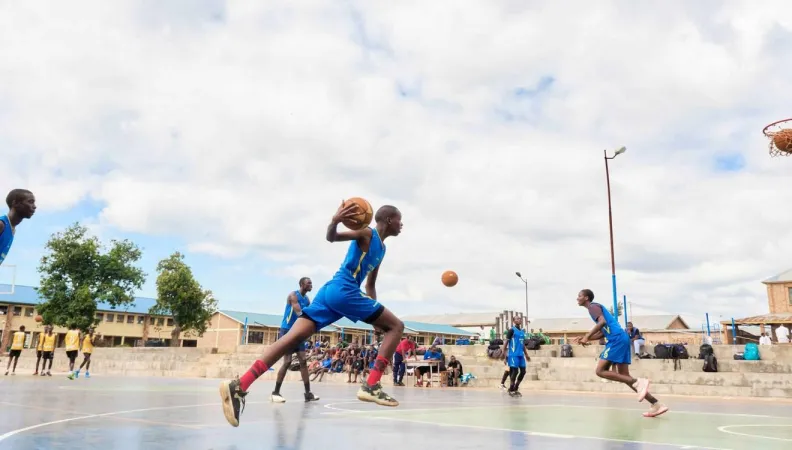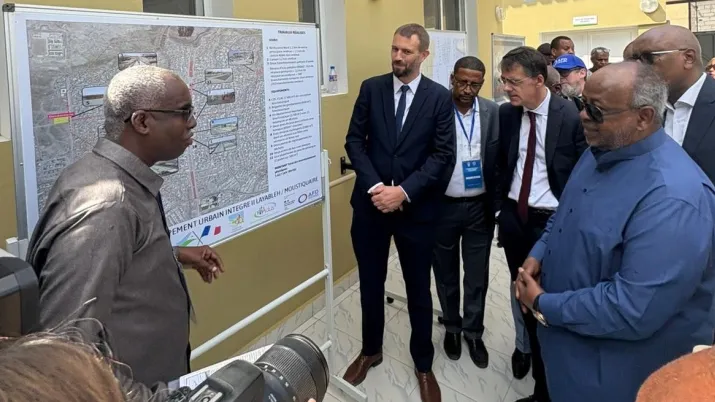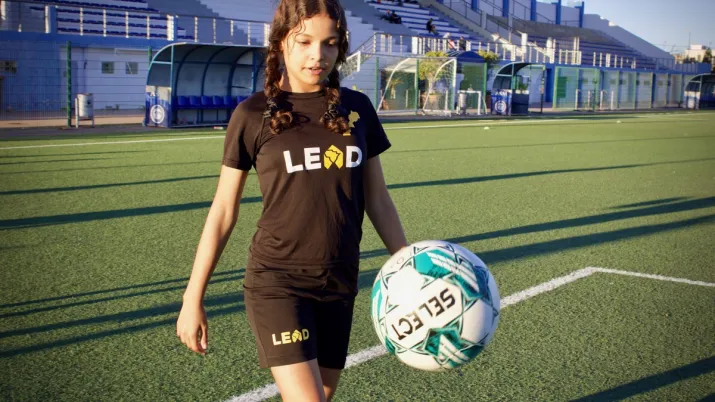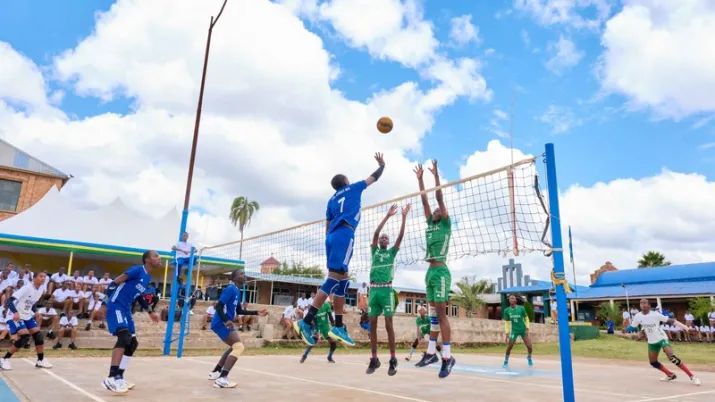Share the page
Culture and sport – strategic drivers of international solidarity
Published on

Supporting access to culture, preserving heritage and investing in sports infrastructure are just some of the ways that sport and culture can bring communities together, help emancipate minorities, promote solidarity and increase the resilience of societies impacted by crises. This is the reason why AFD has been financing numerous cultural and sports-based projects worldwide since 2018. In 2015, the United Nations recognized this approach as an important enabler for the Sustainable Development Goals (SDGs).
AFD Group has a mandate to help structure the cultural and creative industries into four key areas: infrastructure, training, entrepreneurship and cultural policy. The aim is to develop high-impact projects in each of these fields and assess the results. To achieve this, AFD uses various financing instruments to help scale up cooperation projects, while drawing on French expertise of the highest level where needed. This approach aims to meet the requirements of international stakeholders in a wide range of fields, including cinema, visual arts, performing arts, museums, physical and sports education, etc.
See also: Can art be a vehicle for development? The answer lies in 3 projects
Cultural projects with a major economic and social impact
“The Cultural and Creative Industries (CCIs) are both a vehicle for inclusion and a means of raising awareness and provoking debate around the issues of our time. Art has this unique capacity to unite and motivate people. It can also establish new collective narratives that convey real meaning, helping to reinvent and galvanize our future world in common,” says Gaëlle Mareuge, member of AFD’s Social Link division. The CCIs have played an instrumental role in shaping collective identities in Africa, a fact highlighted in a research report on their impact. This study, conducted in five African countries over two years, has demonstrated the importance of these industries in fostering social ties and encouraging active citizenship.
According to Unesco, the CCIs generate 3.1% of global GDP and account for 6.2% of all jobs. By establishing a more structured framework, AFD Group wants to make this sector more attractive in Africa. Its subsidiary Proparco launched the CREA Fund, with backing from the European Union, which provides a guarantee to investment funds for the CCIs, along with technical support.
This mandate has been implemented in various ways on the ground. For example, the “Unboxing Mayibuye Archives” project in South Africa, led by the Robben Island Museum, together with the French National Audiovisual Institute (INA), is working to preserve the memory of anti-apartheid struggles by digitizing archives, as well as providing training and a website. “These archives must be brought to life to remind us of the power of the human spirit and our collective strength in the face of suffering,” says Agnès Chauveau, Deputy Director for Broadcasting and Innovation at the INA.
Gaëlle Mareuge also points to AFD’s work in Benin since 2024, where it has granted €60 million in budgetary financing for the country’s cultural policy. This financing has been used to strengthen public sector governance for better implementation of cultural policy (SDGs 9, 16 and 17), to structure and professionalize the cultural sector in order to drive growth (SDGs 4,8 and 10), and to disseminate, promote and support access to culture (SDGs 1,4, 5 and 11). “This budgetary support is unique, as it’s the first time we’ve directly financed public cultural policy. It’s a special financial instrument that fosters ownership among partners,” adds Gaëlle Mareuge.
See also: Sport as a driver of development and peace
Sport and culture, key drivers that go hand in hand
Culture and sport are closely linked at AFD Group, as both promote social cohesion, create jobs and contribute to numerous Sustainable Development Goals. “Our aim is to leverage the support of stakeholders in these two sectors. For example, at the FiCS (Finance in Common Summit), we mobilize the support of other public development banks for these issues,” says Gaëlle Mareuge.
Sport in particular can have a major influence on young people in the countries where AFD operates. “We firmly believe that sport, in the same way as culture, can be a vehicle to support young people, address social development, economic challenges, and more” says Christophe Dias, specialist in sports issues for AFD’s Social Link division.
In Mauritania, the Youth, Culture and Sport project is redeveloping around fifteen facilities to provide young people with a place to socialize. AFD is working with local stakeholders to train coordinators and support artistic endeavor.
See also: Soccer: a playmaker in Africa’s development
Living better together
“Sport teaches us how to play together, instills discipline and promotes solidarity,” says French para-athlete, Arnaud Assoumani. He highlights the important link between infrastructure and community life: “Structural resources – such as investment in hospitals, agriculture and access to water – are intrinsic to the debate on how we can live better together.”
Arnaud advocates the work of Res Sportiva, an institute that uses scientific data to demonstrate the social impact of sport. As an ambassador for Play International, he talks about how it all started in Kosovo, where sport brought together communities that had previously been in conflict. This model has since been rolled out to other countries, including Angola, Senegal, Mayotte and the Comoros. Play International also implements a range of initiatives to raise awareness of equality, disability and diversity issues. “Sport does have an impact on development, and it would be wrong to say otherwise. From what I’ve seen over the last 20 years of my career, sport helps us to build a better society.”
Further reading
From Paris 2024 to Dakar 2026: can sport deliver on the Sport4SD promises?
Published on July 1, 2025



